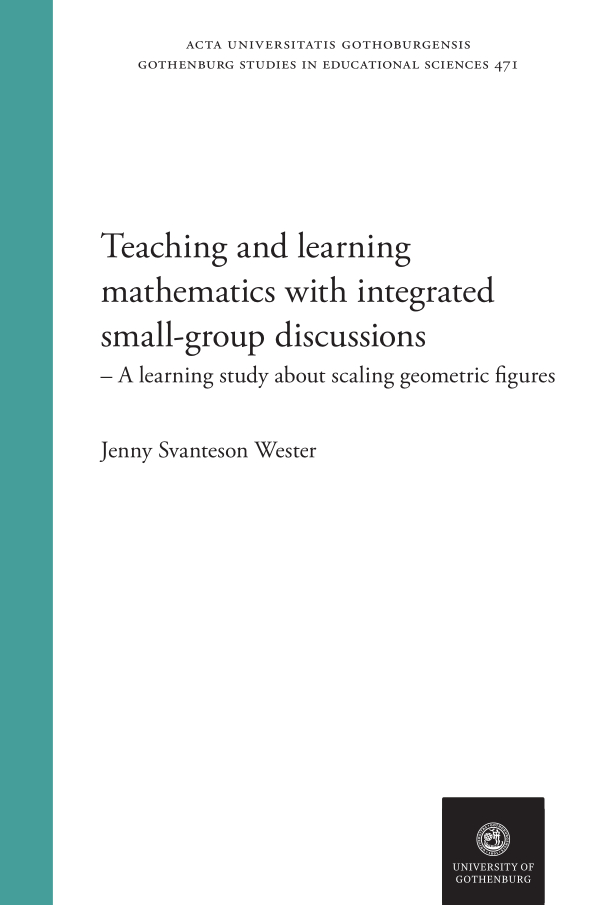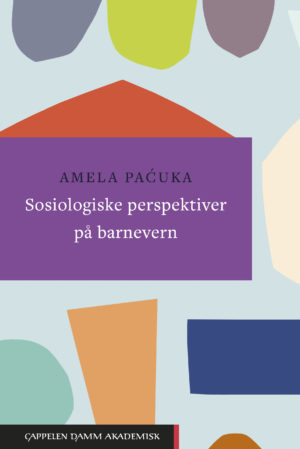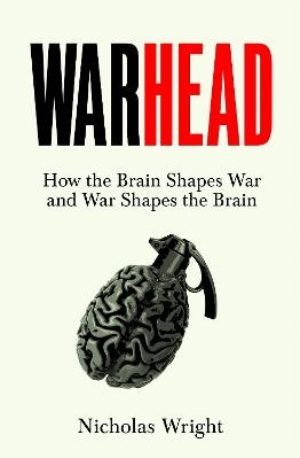The aim of this thesis is to contribute to a deeper understanding of the relationship between teaching and student learning in mathematics when small-group discussions are used in teaching. This thesis focuses on student learning of specific subject matter when small group discussions are used in whole-class teaching. The data analysed was generated in a learning study about enlarging and reducing two- dimensional geometric figures in Grade 8. The learning study involved four cycles, and five classes and three teachers participated. The data consist of 10 video- recorded lessons and 33 video-recorded small-group discussions. Variation theory was the theoretical framework used to analyse the data. Results show that the use of small-group discussions as a planned and integrated part of whole class teaching can contribute to widening the space of learning and increase students’ opportunities to learn what was intended during the lesson. In the study it was found that the small-group discussions solely did not provide sufficient opportunities for students to learn what was intended. Instead, lessons with pre- planned tasks for small-group discussion integrated in whole-class discussions, seems to provide more powerful learning opportunities in relation to what was intended to be compared to lessons with a less systematic use of small-group discussions. In the small-group discussions different ways of experiencing the object of learning were made possible to explore and in the subsequent whole- class discussions those different ways of experiencing were further explored. The results show that teachers benefit from listening to small-group discussions and when students report on such discussions. It was shown that teachers’ insights about the students’ ways of experiencing the object of learning were vital for enacting whole-class teaching with small-group discussions in a powerful way. The teachers changed their teaching in response to what they noticed about what could be critical for student learning about the object of learning. The result of this study suggests that it is not a matter of whether small-group discussions should be used or not, but how small-group discussions can be used during whole class teaching to support student learning of an intended object of learning in mathematics for the whole class.







